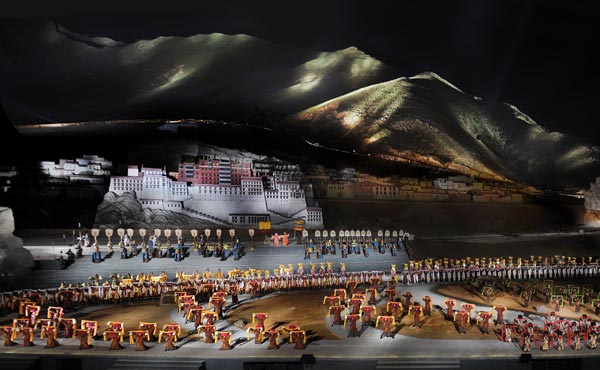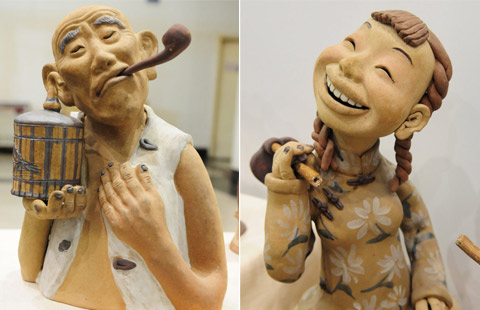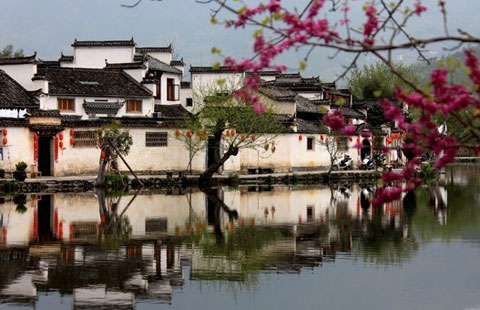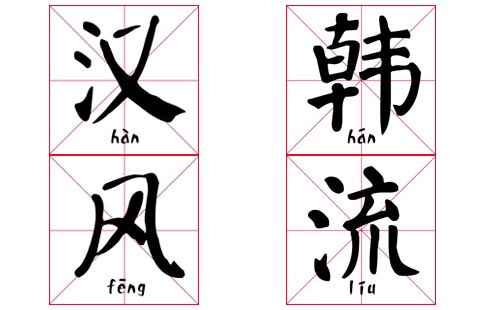 |
|
A scene from the large-scale open-air show Princess Wencheng staged in Lhasa, the Tibet autonomous region. Photo provided to China Daily
|
A musical drama, based on the relationship between a Han princess and a Tibetan king, has made a village by the Lhasa River come alive. Chen Nan reports.
During her recent trip to Lhasa, capital of the Tibet autonomous region, the Cijiaolin village was the first stop for Wang Li, a 31-year-old military soprano. Not far from downtown Lhasa and situated on the southern bank of the Lhasa River, the village is home to some 300 Tibetan nomadic families. Wang, from the Performing Arts Company of China's Air Force, went to Lhasa to perform the lead role in Princess Wencheng, a musical drama, during the traditional Shoton Festival, one of the region's most popular annual celebrations that usually falls in the seventh month of the Tibetan calendar. This year, it was from Aug 25 to 29.
"The village is easily ignored because tourists mostly choose the famous Potala Palace, which is located on the other side of the Lhasa River," says Wang. "But soon it will become a popular destination too."
The drama is based on the story of a 16-year-old Tang Dynasty (AD 618-907) princess, who spent three years in traveling from Chang'an (present-day Xi'an in Shaanxi province) to Lhasa to marry the then king of Tibet, Songtsan Gampo. Following her marriage, she lived in Tibet for about 40 years until her death. Wang plays Wencheng in it.
The princess is remembered by the local people for bringing Buddhist scriptures to Tibet, and some crafts and literary works from her original hometown. The village was the last place that the princess crossed before she met the Tibetan king, and has of late been transformed into one of the outdoor venues for the drama to be staged.
The drama is likely to become a regular fixture in Lhasa, which aims to promote local tourism, according to the Tibet Daily newspaper.
























 Raymond Zhou:
Raymond Zhou: Pauline D Loh:
Pauline D Loh: Hot Pot
Hot Pot Eco China
Eco China China Dream
China Dream China Face
China Face





